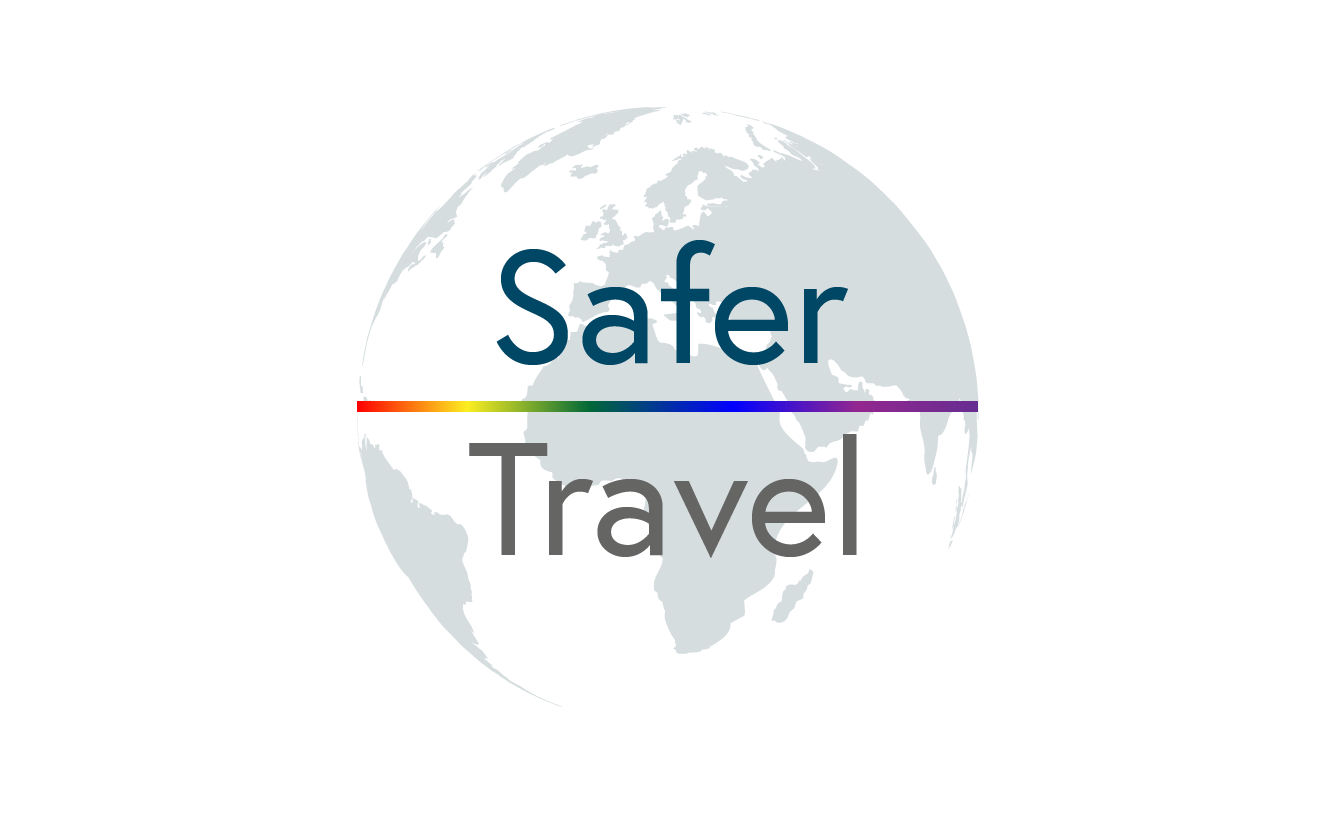How can I improve my Safety when Travelling?
A common question we get asked is; what can I do to improve my safety when travelling? We have been working in the travel safety industry since 2002, and have come up with three key points you need to consider to dramatically reduce the risks when travelling.
We have trained experienced travellers to deliver insightful presentations, discussing their travels and sharing important safety techniques and awareness strategies on how to keep safe when travelling.
Knowledge
Let’s start with knowledge. In the sense of knowledge about where you are going and what you are planning to do. Research is always number one. Any place we want to visit there is usually an interest that makes us want to find out more, ultimately the more you know the better your experience.
Research is key
- Find out about common crimes
- Areas to take extra care
- Top safety tips
- Annual events
This information will give you an insight into the place you are planning to visit. The more aware you will be of the potential dangers the safer you become.
Research insights from experienced travellers
Awareness
Armed with the knowledge of the possible risks, common crimes and relevant safety tips its raised your awareness and enables you to spot possible hazardous situations before they unfold. There are a few simple techniques that will help reduce your risk when travelling.
Raise your awareness
- Recognise body language & warning signs
- Be aware and present in busy places
- Keep calm and know where you are going
- Understand people’s intentions
Being aware at the right times can dramatically improve your safety. If you are in busy areas keep an eye on your belongings and the people you are travelling with.
Awareness
Being aware of different cultures
Being aware of differences in culture is important for any trip. A big example of that is when visiting Spain, don’t get caught out by the different opening times for shops and restaurants. Everything shuts around midday, due to the heat, so make sure you’ve gotten some lunch beforehand. I would advise keeping a little bit of food in your accommodation and using this time for a rest. Don’t be those people banging on locked doors and getting huffy just because they didn’t do their research. The Spanish also typically don’t eat their last meal until well into the evening (think after 7pm at the earliest), so plan out your days and dinners accordingly. You’re a guest in their country so do as they do.
Reducing your chances of getting mugged
Regardless of how safe a city is, sticking to busy populated areas is the best way to avoid getting mugged. For example, Newcastle is quite safe and often busy so wandering around night or day should not be cause for fear. However, always try to choose main streets to be doing this in. There are lots of narrow side streets that are cut throughs or where the establishments keep their bins – if you’re going to get mugged, it will be in places like that. As a local, I know when to cut through and when to take the long way round.
Taxi scams
Certain countries- particularly in Central America and Europe, have a lot of taxis based scams, such as overpricing, taking overly long routes to run up the price or telling you they have a broken meter. Try to research what reasonable taxi fares are around the city or ask locals. Some cities also regulate prices and post them on their official website. To combat these types of scams, I always negotiate fairs before setting off. Just a general ‘it should be X price right?’ or ‘it should take X time to get to the destination?’. By non-confrontationally asserting that you’re aware of the general price or area, the taxi driver will be less inclined to try to scam you.
How to avoid pickpockets
Key tourist destinations, like London or Rome, are full of pickpockets, who know tourists will be carrying valuables around as they explore. When in busy areas, like the Rome Metro, I kept my arm tight around my big handbag so no one could slip their hand in and take my purse. My friend was less aware and had a large amount of her money and her EU medical card stolen.
Response
How you handle a situation is very important and can dramatically change the outcome. If you recognise the dangers early enough it will give you time to process and decide on the best course of action. There are a variety of defusion techniques that you can use to alter a potentially dangerous outcome.
How to handle a situation
- Take a step back
- Watch your body language
- Stop, breath and assess
- Respond and defuse
Understanding a persons intentions is vital in defusing a potentially hazardous situation. Consider your reply carefully before you respond.

